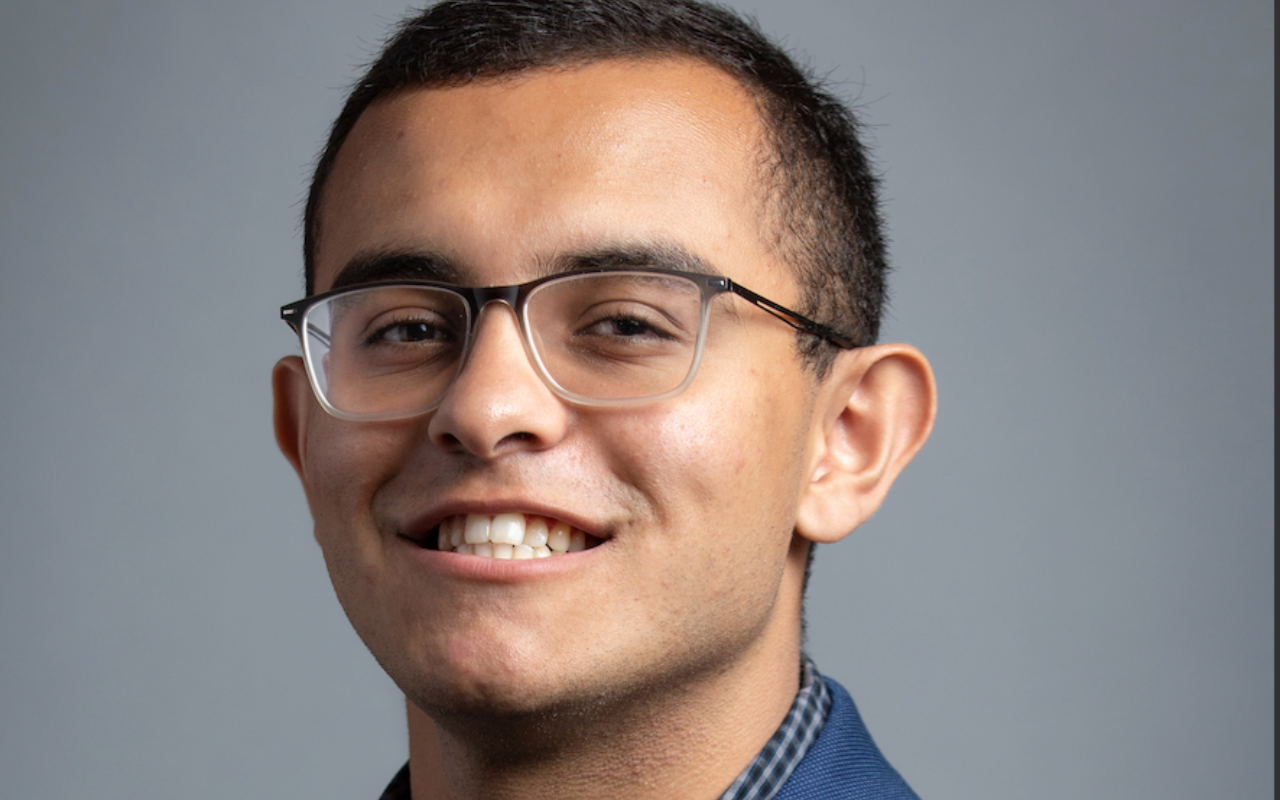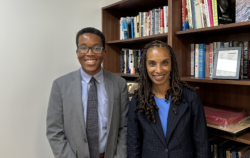
UC Berkeley Scholar Wins Mellon Mays, Studies Oil Refinery Impact
Adrian Frias, a second year Posse Scholar at the University of California, Berkeley, was recently awarded the prestigious Mellon Mays Undergraduate Fellowship for his thesis on the community impact of oil refineries.
Adrian was one of just three UC Berkeley students selected for the program this year, on a campus of 30,000+ undergraduates.
His research is quite literally close to home, as it focuses on oil refineries in his own neighborhood of Carson, California.
A geography and ethnic studies double major, Adrian has spent the last two years on campus understanding the underlying effects of urban planning in predominantly POC communities. He was surprised one day when the oil refineries near his home were discussed in one of his classes. The largest oil refinery on the West Coast is located a short distance from his family’s home. Adrian plans to explore how the refinery has played a role in shaping his community.
The Mellon Mays Undergraduate Fellowship is an initiative of The Andrew W. Mellon Foundation, designed to increase faculty diversity at institutions of higher learning. The program encourages fellows to pursue doctoral degrees and professorial careers.
Adrian was one of just three UC Berkeley students selected for the program this year, on a campus of over 30,000 undergraduates. The fellowship employs a cohort model to provide the recipients with a support network of their peers.
“Like Posse, Mellon Mays encourages camaraderie and working in groups.”
“Like Posse, Mellon Mays encourages camaraderie and working in groups to aid in growth and development,” says Adrian. “Even in light of recent events, we will be able to connect and strengthen each other’s work.”
The program will be hosted virtually this year due to COVID-19, but will still provide the fellows with opportunities to participate in workshops and develop their research projects.
“As the program is being held virtually, I will be physically closer to my research area,” he says, noting that he will be working at home in Carson. “This grounds my research and re-invigorates me to find tangible solutions to help improve my community.”

